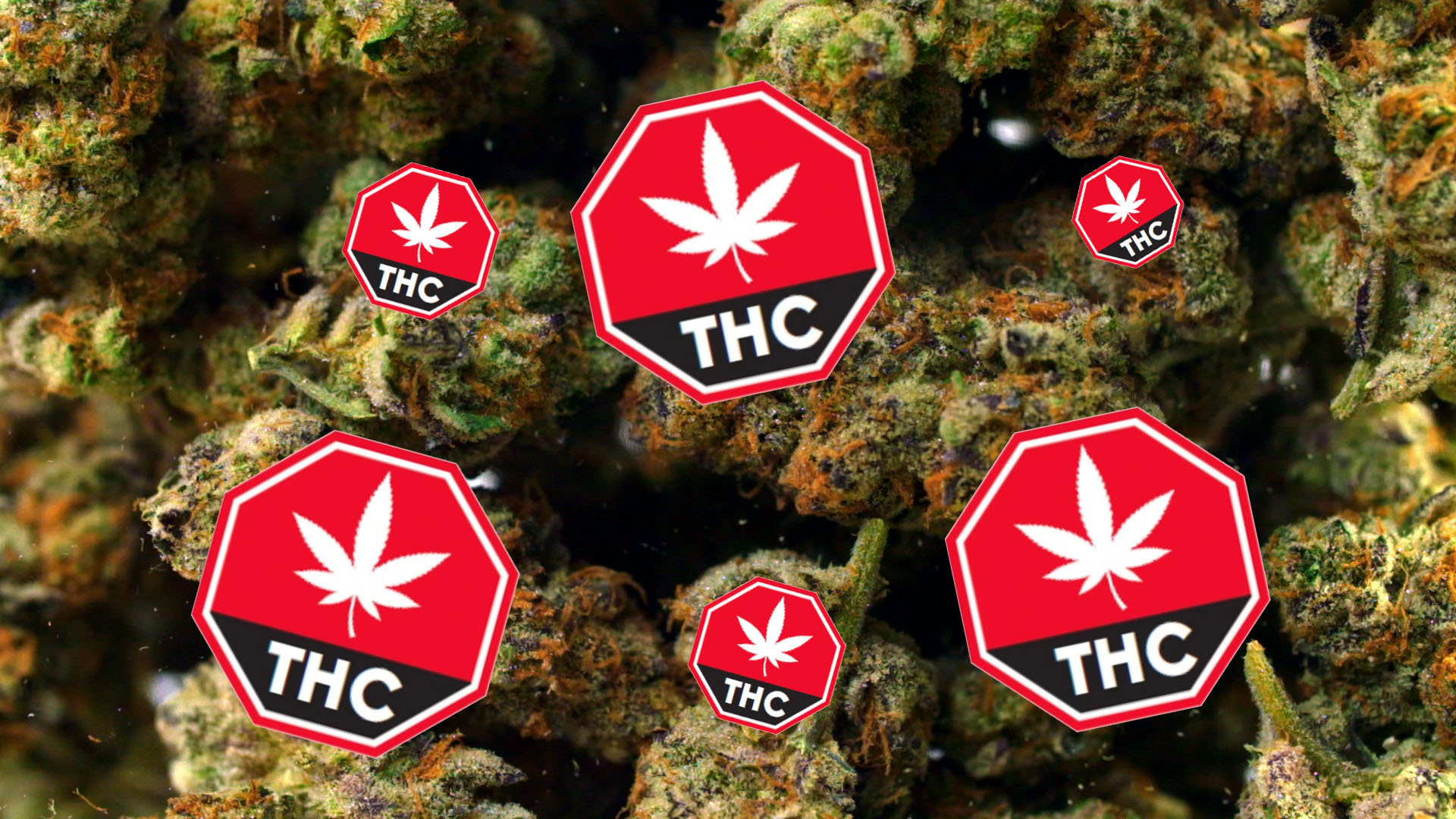The Canadian Government Acts Like Alcohol Is Safer Than Weed. That’s Absurd

Credit to Author: Manisha Krishnan| Date: Tue, 17 Dec 2019 22:05:57 +0000
One of the main benefits of legalizing cannabis is reducing the stigma associated with consuming it.
People consume weed for lots of reasons. Medical patients use it to treat a variety of illnesses, others use it to relax, and some people simply want to get super high (there’s nothing wrong with that).
But beyond actually legalizing it, the Canadian government seems to have very little interest in de-stigmatizing cannabis. Since the beginning, the messaging we’ve heard has focused on thin moral arguments like keeping weed out of the hands of children and getting gangsters out of stairwells. A year in, we haven’t moved far away from that rhetoric.
Take for example comments from Canada’s new health minister Patty Hajdu on the legalization of edibles: "The best way for Canadians to protect their health is not to consume cannabis, and adults who choose to use cannabis should avoid products from illegal or unknown sources,” she said.
I understand why the government is promoting buying legal weed, particularly in the midst of a vaping-related illness crisis that seems to stem from black market products. But suggesting the best way for Canadians to protect their health is not to consume any cannabis ignores that it’s a relatively benign substance (no one has died from overdosing on it) and that lots of Canadians use it as a medicine. Others use it as a form of harm reduction, instead of taking more toxic prescription drugs. And others still use it as an alternative to a much deadlier intoxicant: Alcohol.
Alcohol is the main cause of death for substance-related hospitalizations. According to the Canadian Institute for Health Information, 10 Canadians die in hospital daily due to substance use, and booze is responsible for 75 percent of those deaths. Mothers Against Drunk Driving reports that alcohol is a factor in up to four fatal car crashes a day.
And Canadians drink a lot—a study by the Center for Addiction and Mental Health (CAMH) showed that we drink 50 percent more than the global average. Research shows the annual cost associated with alcohol-related harms in Canada is $14.6 billion.
Alcohol is also a carcinogen, accounting for more than 10,000 new cancer cases in 2015, according to the Canadian Cancer Society.
It is also extremely addictive—right up there with heroin, cocaine, and nicotine. Make no mistake, alcohol is a drug and it can be an incredibly dangerous one. Yet it is widely available (enjoying far looser regulations than weed), and even glorified.
But the government’s messaging around liquor truly lays bare its hypocrisy.
Health Canada’s page dedicated to alcohol starts off by saying, “Although the majority of Canadians who drink alcohol do so in moderation, alcohol misuse affects too many Canadians. In fact, it is estimated that 4 to 5 million Canadians engage in high-risk drinking, which is linked to motor vehicle accidents, Fetal Alcohol Spectrum Disorder, and other health issues, family problems, crime, and violence.”
Meanwhile their page about “problematic alcohol use” says, “Alcohol is a depressant drug that slows down your body's central nervous system. While a small amount of alcohol may provide health benefits for some, drinking excessively can cause serious health issues.”
What stands out to me is that both of these write-ups open with caveats that minimize the impact of booze, or in the latter example, tout the so-called health benefits of alcohol.
Those health benefits (red wine fights against heart disease) have been overstated. A massive study published in the Lancet last year looked at the drinking habits in 195 countries and came to the conclusion that no amount of alcohol is good for you. The benefits are outweighed by the harms.
In 2015, the government released a report on alcohol consumption in Canada that said alcohol is handled more like a food here, despite the health risks.
“Our society condones, supports, and in some cases promotes drinking such as through ‘drink of the day’ specials, sale prices on certain brands, and associating alcohol with fun and sophistication,” wrote Canada’s former Chief Public Health Officer Gregory Taylor in the report.
“Our low-risk drinking guidelines do not mean that alcohol is harmless.”
He’s absolutely right. Our lawmakers would do well to remember that.